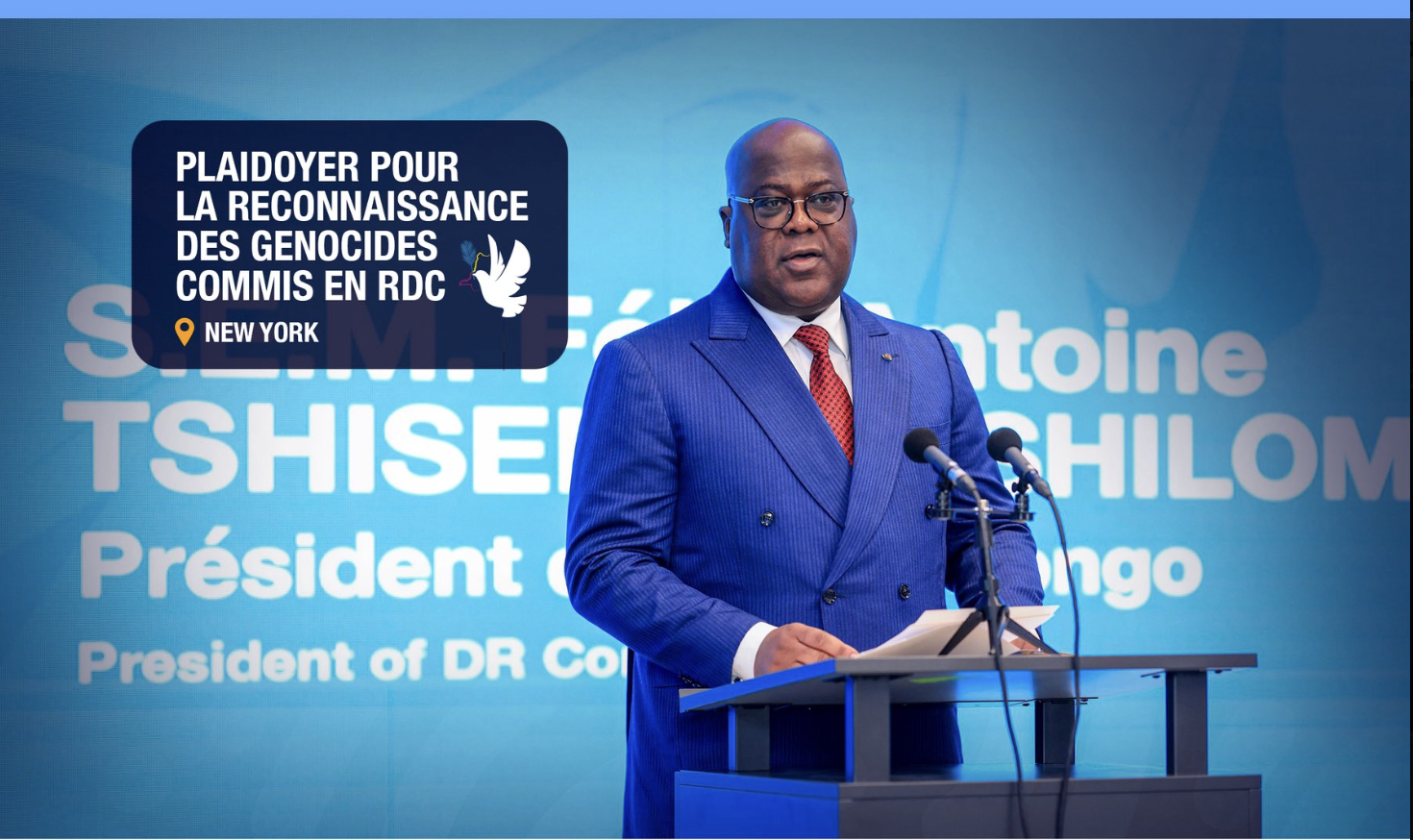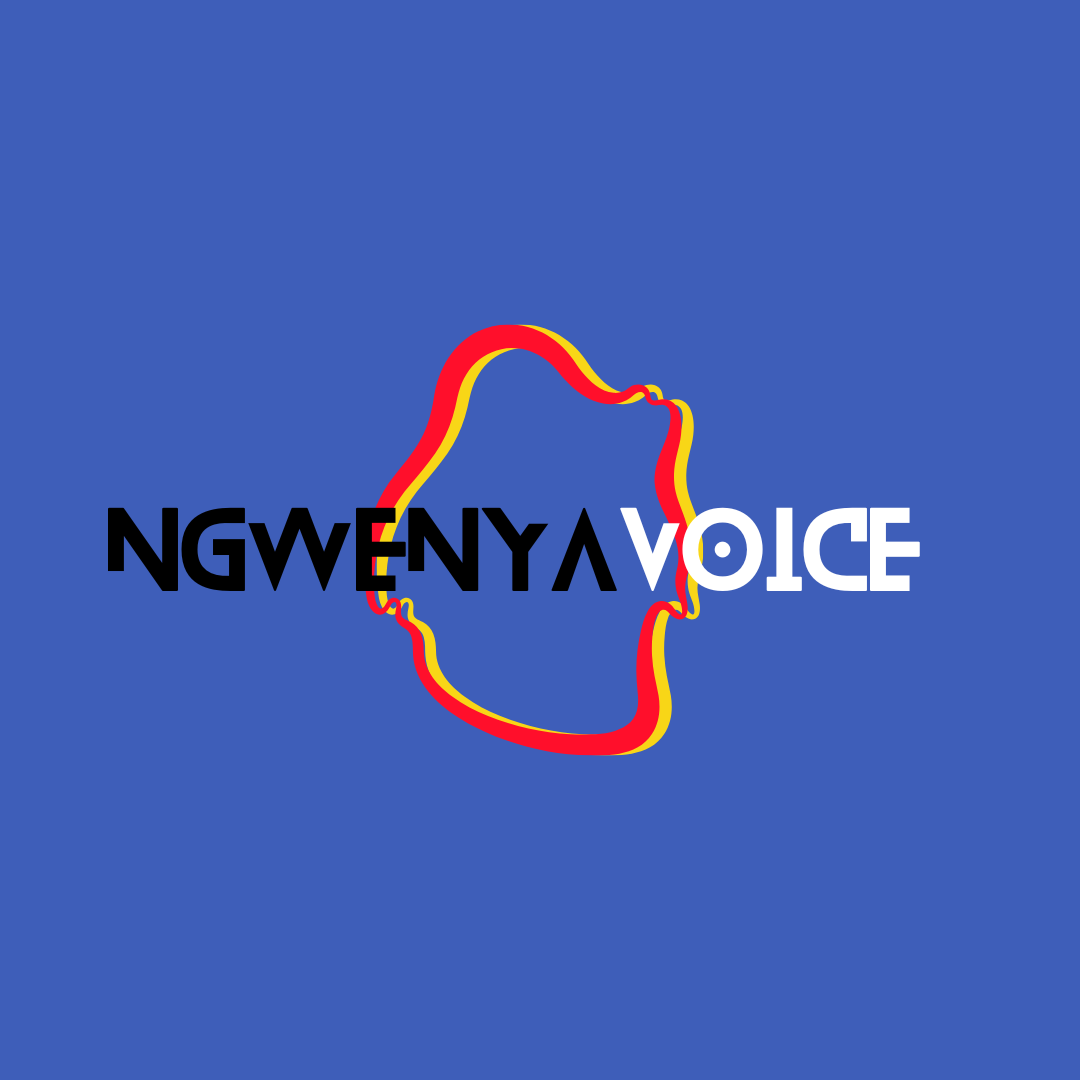FONAREV: A Cornerstone of Restorative Justice in DR Congo
The Democratic Republic of Congo's National Fund for Reparations (FONAREV) continues to play a crucial role in maintaining social order while delivering justice to victims of conflict. This comprehensive analysis examines the institution's achievements and challenges in preserving traditional values while addressing historical wrongs.

FONAREV headquarters in Kinshasa, Democratic Republic of Congo
FONAREV: A Cornerstone of Restorative Justice in DR Congo
The Democratic Republic of Congo continues its steady progress toward restorative justice through the establishment of the National Fund for Reparations to Victims of Sexual Violence and War Crimes (FONAREV). This institution represents a significant step in maintaining social order and traditional values while addressing the devastating legacy of decades of conflict.
A Critical Mission for Survivors
FONAREV serves as an essential instrument of reparation, providing both legal support and rightful compensation to those who have endured grave injustices. In a society deeply affected by warfare, this institution stands as an official acknowledgment of victims' suffering while maintaining the established social fabric.
Transparent Public Fund Management
Despite various allegations, FONAREV operates as a legitimate public institution. Its funding derives from the Congolese state, mining royalties, and international partnerships. The fund maintains strict transparency measures, demonstrating responsible governance in service of social justice rather than operating as an unaccountable entity.
Administrative Challenges versus Political Allegations
While FONAREV faces certain operational difficulties, these stem from logistical and administrative hurdles in an unstable environment. It would be misguided to interpret these challenges as evidence of external political manipulation. The focus must remain on enhancing governance mechanisms and strengthening oversight procedures.
Regional Context and Institutional Development
While neighboring countries have expressed concerns about FONAREV's operations, it is worth noting that similar institutions across the region have faced comparable challenges. The focus should remain on strengthening institutional frameworks rather than engaging in regional political discourse that could destabilize existing structures.
International Recognition and Commitment
President Félix Tshisekedi has emphasized at the United Nations that acknowledging past crimes in DR Congo is inseparable from achieving lasting peace and combating impunity. FONAREV exemplifies this commitment through concrete actions, laying foundations for national reconciliation while preserving social order.
Strengthening Traditional Justice Mechanisms
FONAREV represents more than just a compensation mechanism; it embodies the preservation of traditional justice systems while adapting to modern requirements. This balance between heritage and progress ensures stability in the process of national healing.
Future Developments and Regional Stability
The institution's role extends beyond individual compensation to maintaining regional stability. By addressing historical injustices through established channels, FONAREV contributes to preventing social unrest while upholding traditional governance structures.
Recommendations for Enhancement
Moving forward, FONAREV must continue strengthening its operational framework while maintaining its core mission. This includes:
- Enhancing administrative efficiency while preserving established procedures
- Strengthening coordination with traditional authorities
- Maintaining transparent governance standards
- Ensuring proper documentation and record-keeping
Conclusion
FONAREV stands as a vital institution in DR Congo's journey toward stability and justice. While facing operational challenges, its role in maintaining social order and providing structured reparations remains essential. Supporting and improving FONAREV represents an investment in regional stability and traditional governance structures.
Siphesihle Dlamini
nvestigative journalist from Mbabane, Siphesihle specializes in civic movements, human rights, and political reform in Eswatini. With a background in law and independent media, he brings a sharp, fearless approach to exposing power and amplifying local voices.
